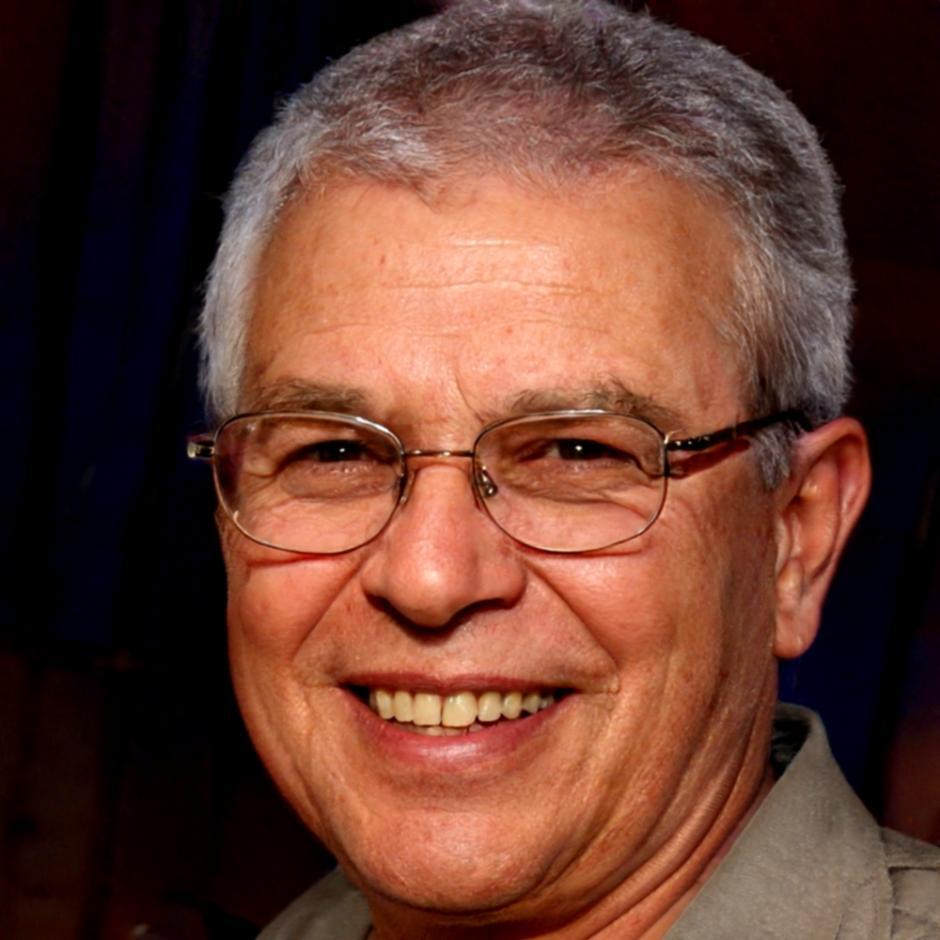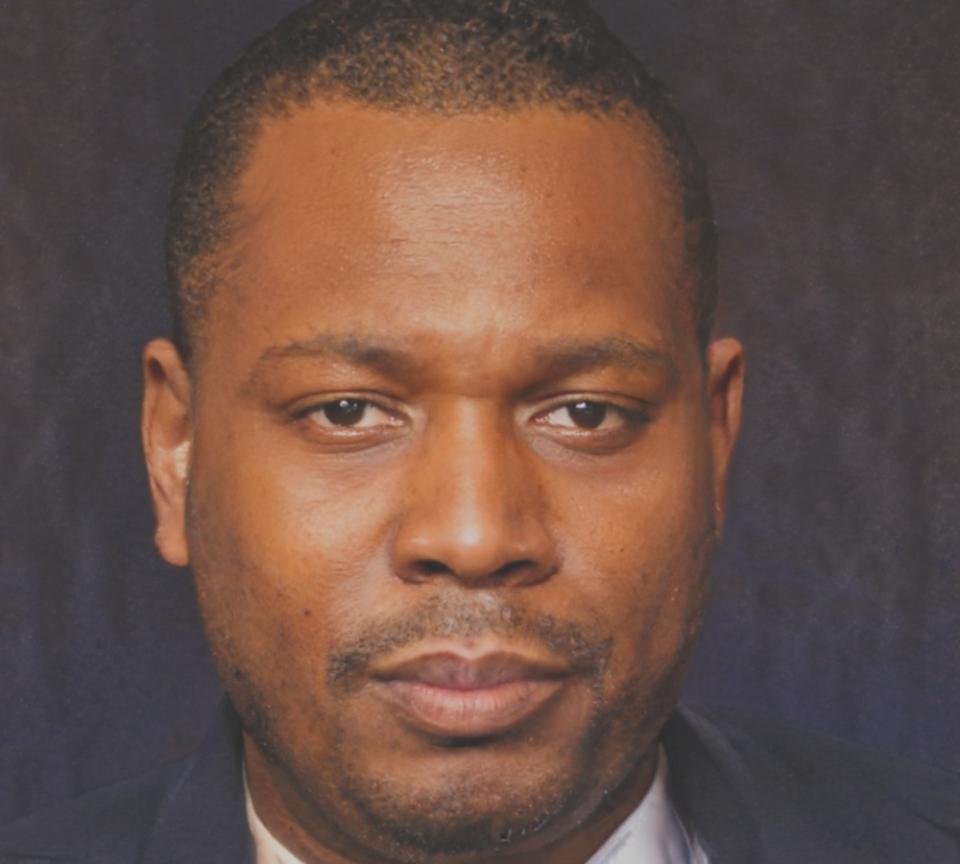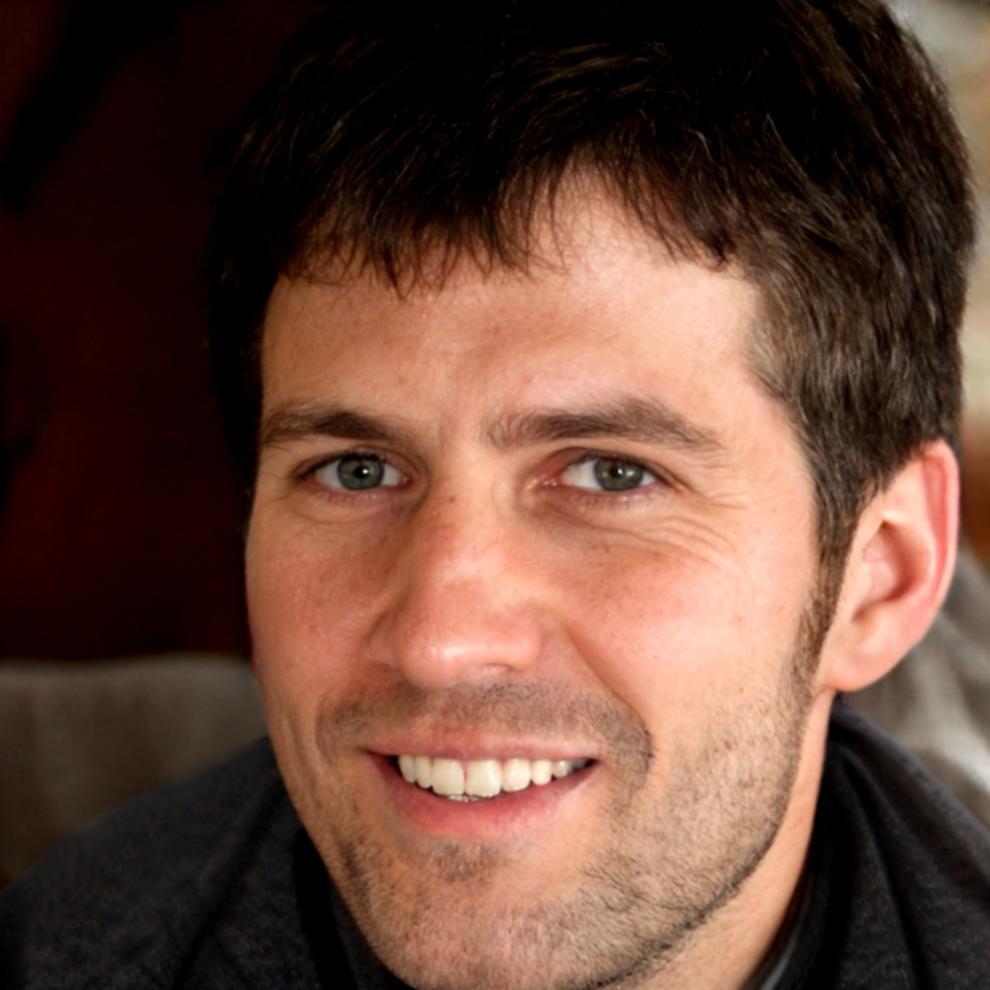Building Real Conversations About Money
Most people can balance a spreadsheet but freeze when asked to explain a budget variance to their boss. They draft perfectly accurate reports that somehow still confuse everyone in the meeting. The numbers work, but the communication doesn't. We've spent twelve years watching talented finance professionals struggle not with calculations, but with clarity—and that's exactly what we help fix.
How We Actually Teach This Stuff
There's no magic formula here. We start by recording people explaining something they know well—could be a reconciliation process or variance analysis. Then we watch it back together. It's uncomfortable at first, but you notice things. The jargon. The assumptions. The moments where clarity just evaporates.
From there, we rebuild. Not with scripts or corporate speak, but with techniques borrowed from journalism, teaching, and yeah, even standup comedy. Because making complex financial concepts understandable isn't about dumbing things down—it's about respecting your audience enough to be clear.
- Recording and reviewing real workplace scenarios without scripts or preparation
- Pattern recognition work where you identify your own communication habits
- Structured practice sessions with immediate feedback from peers and instructors
- Framework development customized to your actual job responsibilities

The Program Structure We've Settled On
After trying about fifteen different approaches between 2019 and 2024, we landed on this three-stage system. It works because it follows how people actually learn communication skills—not how we wish they would.
Foundation Work
Eight weeks focusing on email clarity, meeting structure, and basic presentation skills. Sounds boring. Is essential. You'll work with real examples from your workplace.
Applied Practice
Six weeks of scenario-based work. Budget presentations to non-finance stakeholders. Difficult conversations about missed targets. The stuff that keeps people awake at night.
Integration
Four weeks building your personal communication framework. What works for you specifically, in your role, with your stakeholders. No cookie-cutter approaches.
The People Running These Sessions
We're not career trainers who stumbled into finance. Everyone facilitating these programs spent at least a decade working in financial roles before moving into communication education. They remember what it's like to explain EBITDA to a marketing director at 4pm on a Friday.

Finnian Oakley
Spent fourteen years in corporate treasury before getting frustrated enough to retrain. Now specializes in stakeholder presentations and difficult conversations.

Leith Drummond
Former financial controller who discovered he loved teaching more than month-end close. Focuses on written communication and email effectiveness.

Tavish Lindgren
Management accountant background with journalism training. Runs the presentation skills workshops and one-on-one coaching sessions.

What You Can Reasonably Expect
We're not going to promise you'll become a brilliant communicator overnight. That's not how this works. But people who complete the program typically report feeling less anxious about presentations, getting clearer responses to their emails, and spending less time in unnecessary follow-up meetings.
Practical Skills Over Theory
Every session includes hands-on practice with real workplace scenarios. You'll leave with techniques you can use Monday morning, not abstract concepts to ponder.
Small Group Environment
Maximum twelve participants per cohort. This isn't a lecture hall situation. You'll get individual attention and feedback tailored to your specific challenges.
Flexible Scheduling Options
Evening sessions run Tuesday and Thursday from September 2025. Weekend intensive option available November 2025. Both formats cover identical content.